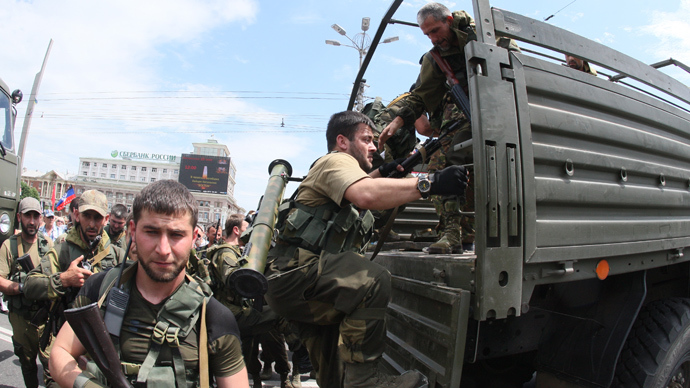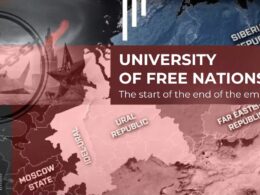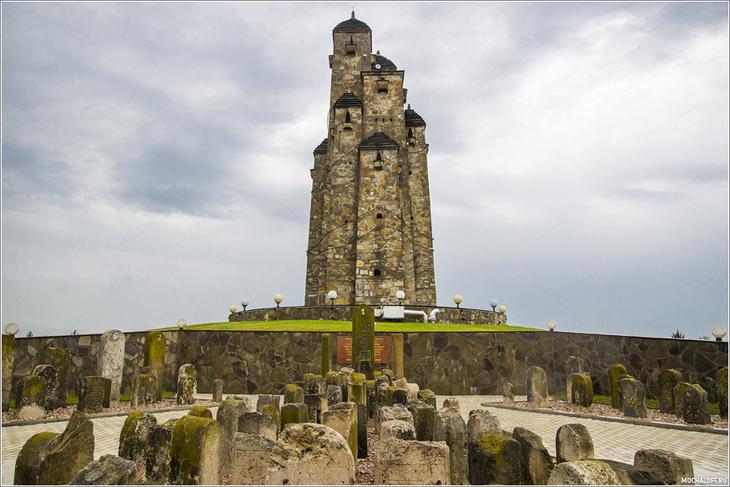Ramzan Kadyrov, the head of Chechens, says that the Russian armed services must resume drafting young Chechens to serve in their ranks, an appeal that reflects his concerns about what not drafting them will mean for the future of his republic and region and calls into question recent Moscow claims that it has again begun doing so.
On the one hand, many young Chechens are unemployed or underemployed and thus are easily recruited by militant groups. And on the other, Moscow’s unwillingness to draft them raises questions about whether it views them as full citizens of Russia, yet another reason why not drafting them is a problem for the authorities.
Yesterday, Kadyrov called attention to these issued as he announced the appointment of Colonel Akhmed Dzheyrkhanov to be the new head of the Chechen Republic’s military commissariat, the organization that oversees the draft. The Chechen leader said the new man must succeed in getting young Chechens drafted.
(Prior to taking up his new position, Dzheyrkhanov had been deputy head of the republic’s emergency services ministry office and chairman of the Chechen government’s committee on ecology.)
Kadyrov said that “in Chechnya, there are tens of thousands of young people who are ready to become soldiers. But for reasons that no one can understand or explain, they aren’t being sent into the forces. In March 2003,” he continued, “the Chechen people voted for unity with Russia. And the law must be the same for all.”
“If there are some reasons” for not drafting Chechens, “then these must be explained in writing. Chechens are citizens of Russia, and no one has the right to deprive them of being defenders of the Fatherland,” the Chechen leader said.
Commenting on this point, Dukuvakha Abdurakhmanov, the head of the Chechen Parliament, said that “the return of Chechen draftees to the Russian army at the present time has geopolitical significance. In today’s complex geopolitical situation, a ban on the military draft in Chechnya is mistaken.”
“Chechens want to serve in the Armed Forces of Russia, they are politically and physically prepared to do so. How they can they not be drafted?” he asked. Abdurakhmanov said Grozny had taken steps to rectify the situation, including lodging an appeal with the Russian Federation Constitutional Court.
The Russian military stopped drafting men from the North Caucasus in the early 1990s both because of the appearance of militant groups there – some Russians feared that providing North Caucasians with military training would only make things worse – and because of the opposition of Russian commanders to having North Caucasians in the ranks.
But as the demographic situation among ethnic Russians has worsened and as Moscow has argued that the insurgency in the North Caucasus is more or less over, the leaders of the non-Russian republics there have called for resuming the draft or boosting it from artificially low levels.
Over the past year, the Russian defense ministry has said that it has done so, but clearly, those words are at best an exaggeration. Kadyrov’s statement shows that many leaders in the North Caucasus are worried and that they believe the time to correct the situation is now, lest conditions in the region deteriorate further.





